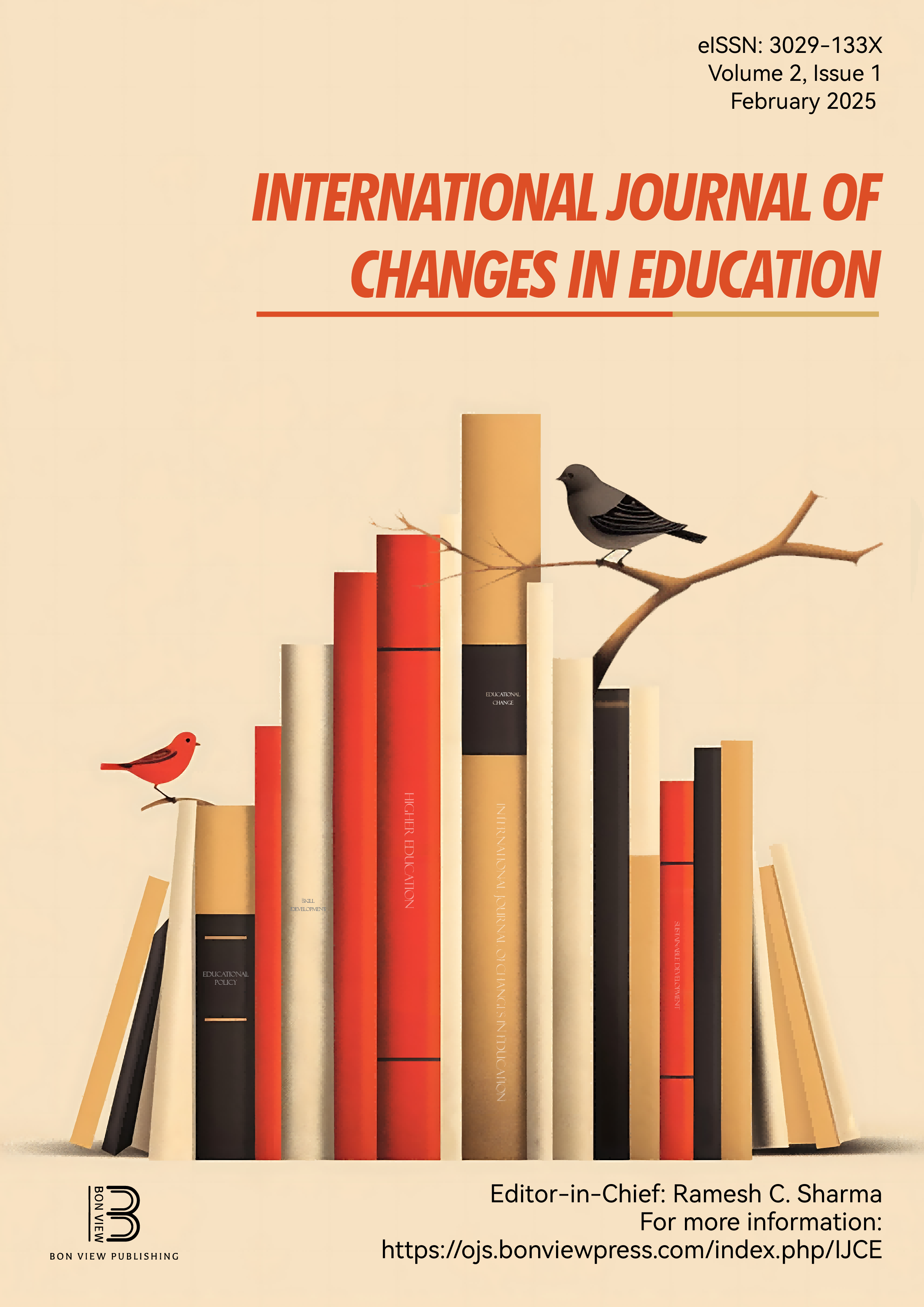Recommendations for Integrating Automated Writing Evaluation with Evidence-Based Instructional Practices
DOI:
https://doi.org/10.47852/bonviewIJCE42024011Keywords:
automated writing evaluation, automated scoring, writing, writing instruction, writing assessment, automated feedbackAbstract
Automated writing evaluation systems are formative assessment systems that provide immediate, automated feedback on L1, L2, and EFL students' writing in the form of writing quality scores and suggestions for revising. As such, these systems have the potential for alleviating some of the persistent barriers teachers face to implementing evidence-based writing instruction practices. However, simply adopting this technology without careful attention to how it is implemented will not guarantee instructional benefits. In this article, we draw on prior research to make recommendations to effectively integrate automated writing evaluation alongside evidence-based writing instruction practices to improve writing instruction and intervention, leveraging the affordances of this technology while addressing its limitations. Specifically, we discuss how researchers, interventionists, and educators using automated writing evaluation should develop students' knowledge of underlying evaluation criteria; teach strategies for planning, drafting, and revising; supplement automated feedback with effective teacher-provided feedback; and enact goal setting and progress monitoring.
Received: 1 August 2024 | Revised: 8 November 2024 | Accepted: 11 November 2024
Conflicts of Interest
The authors declare that they have no conflicts of interest to this work.
Data Availability Statement
Data sharing is not applicable to this article as no new data were created or analyzed in this study.
Author Contribution Statement
Joshua Wilson: Conceptualization, Methodology, Investigation, Writing – original draft, Writing – review & editing, Supervision, Funding acquisition. Tania Cruz Cordero: Writing – review & editing. Andrew Potter: Writing – review & editing. Matthew Myers: Writing – review & editing. Charles A. MacArthur: Writing – review & editing, Funding acquisition. Gaysha Beard: Investigation, Funding acquisition. Emily A. Fudge: Investigation, Writing – original draft. Alexandria Raiche: Investigation, Writing – original draft. Cristina Ahrendt: Investigation, Writing – original draft.
Downloads
Published
Issue
Section
License
Copyright (c) 2024 Authors

This work is licensed under a Creative Commons Attribution 4.0 International License.
How to Cite
Funding data
-
Institute of Education Sciences
Grant numbers R305H170046


